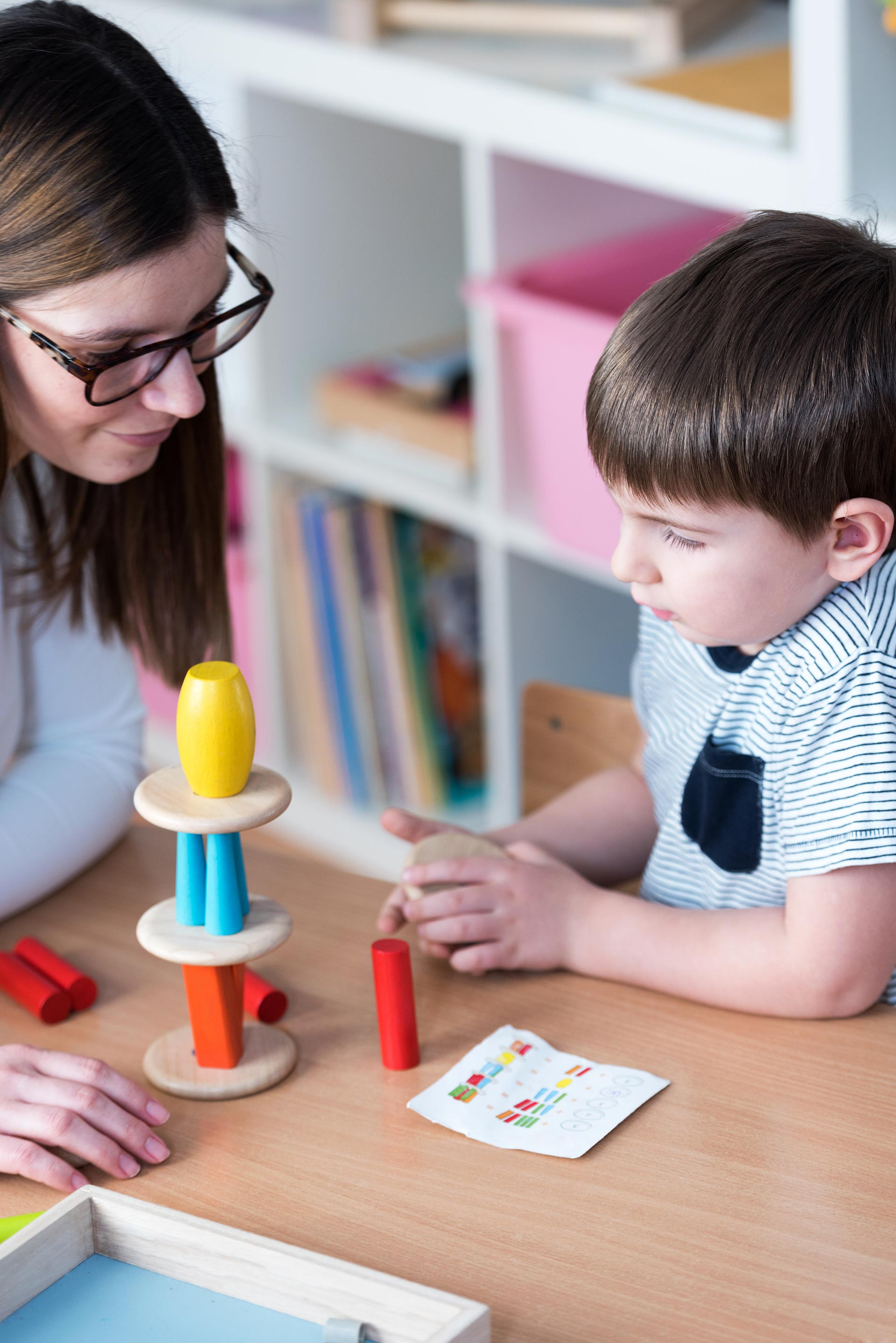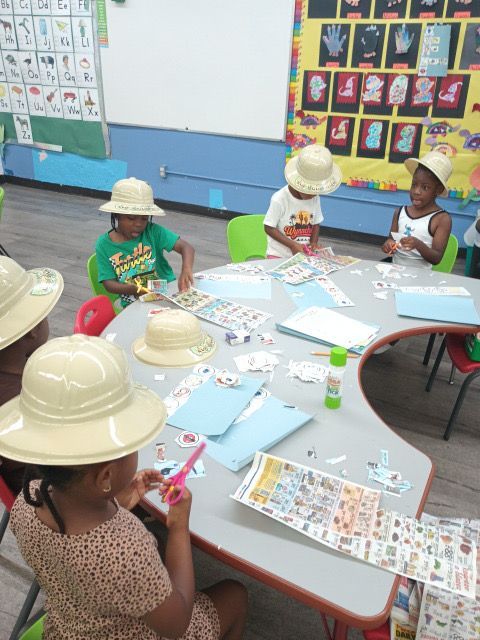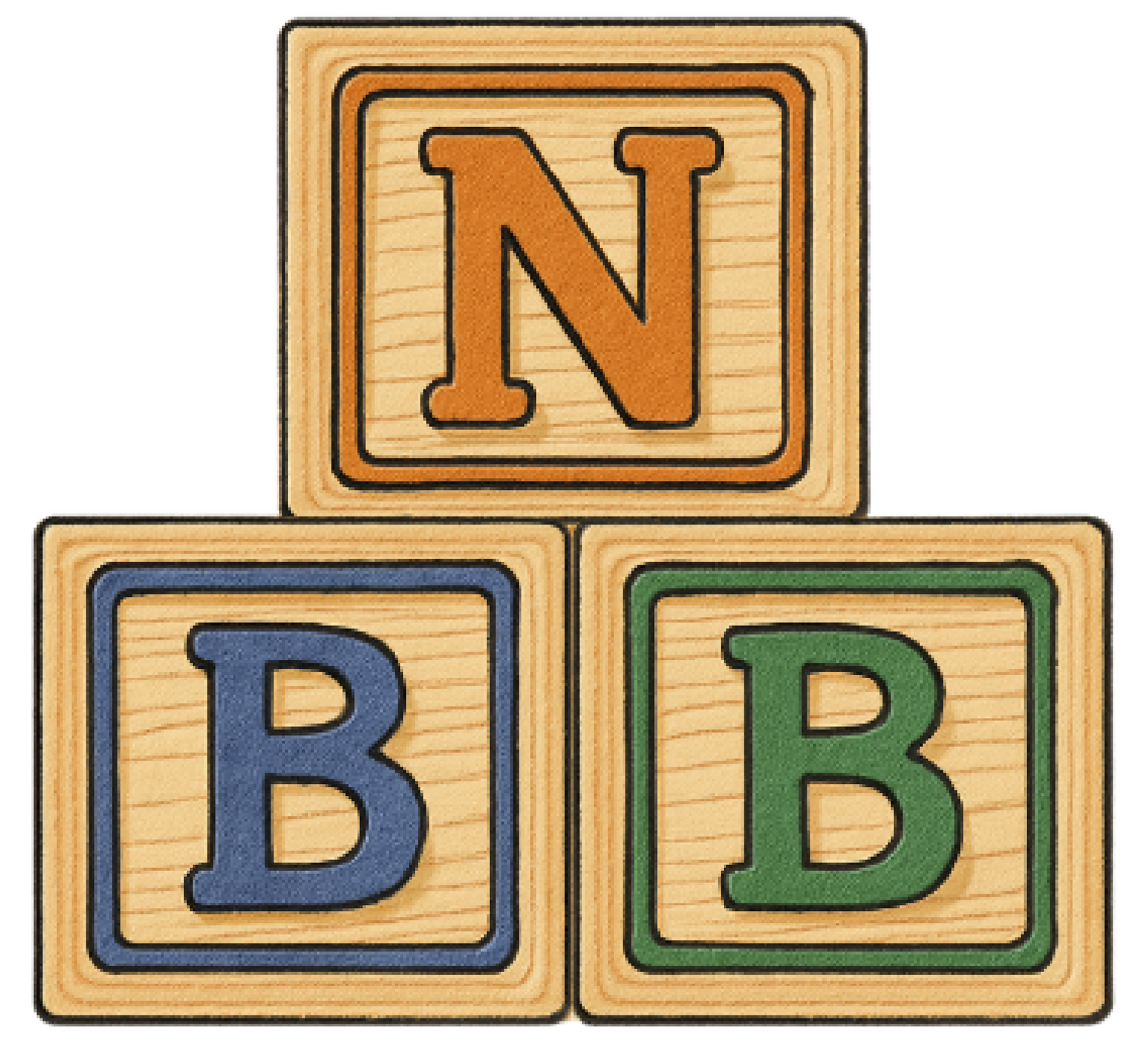By Paige Solomon
•
December 5, 2018
Professor Tina Bruce states, “play transforms children because it helps them to function beyond the here and now. They can become involved in more abstract thinking about the past, using the past, and into imagining the future, or alternative ways of doing things. It helps them to problem solve, and to experiment. It helps them to work out what they think and feel.” Bruce identifies 12 “Features of Play”: Children use first hand experiences from life; Children make up rules as they play in order to keep control. Children symbolically represent as they play, making and adapting play props. Children choose to play – they cannot be made to play. Children rehearse their future in their role play. Children sometimes play alone. Children pretend when they play. Children play with adults and other children cooperatively in pairs or groups. Children have a personal play agenda, which may or may not be shared. Children are deeply involved and difficult to distract from their deep learning as they wallow in their play and learning. Children try out their most recently acquired skills and competences, as if celebrating what they know. Children coordinate ideas and feelings and make sense of relationships with their families, friends and cultures.








